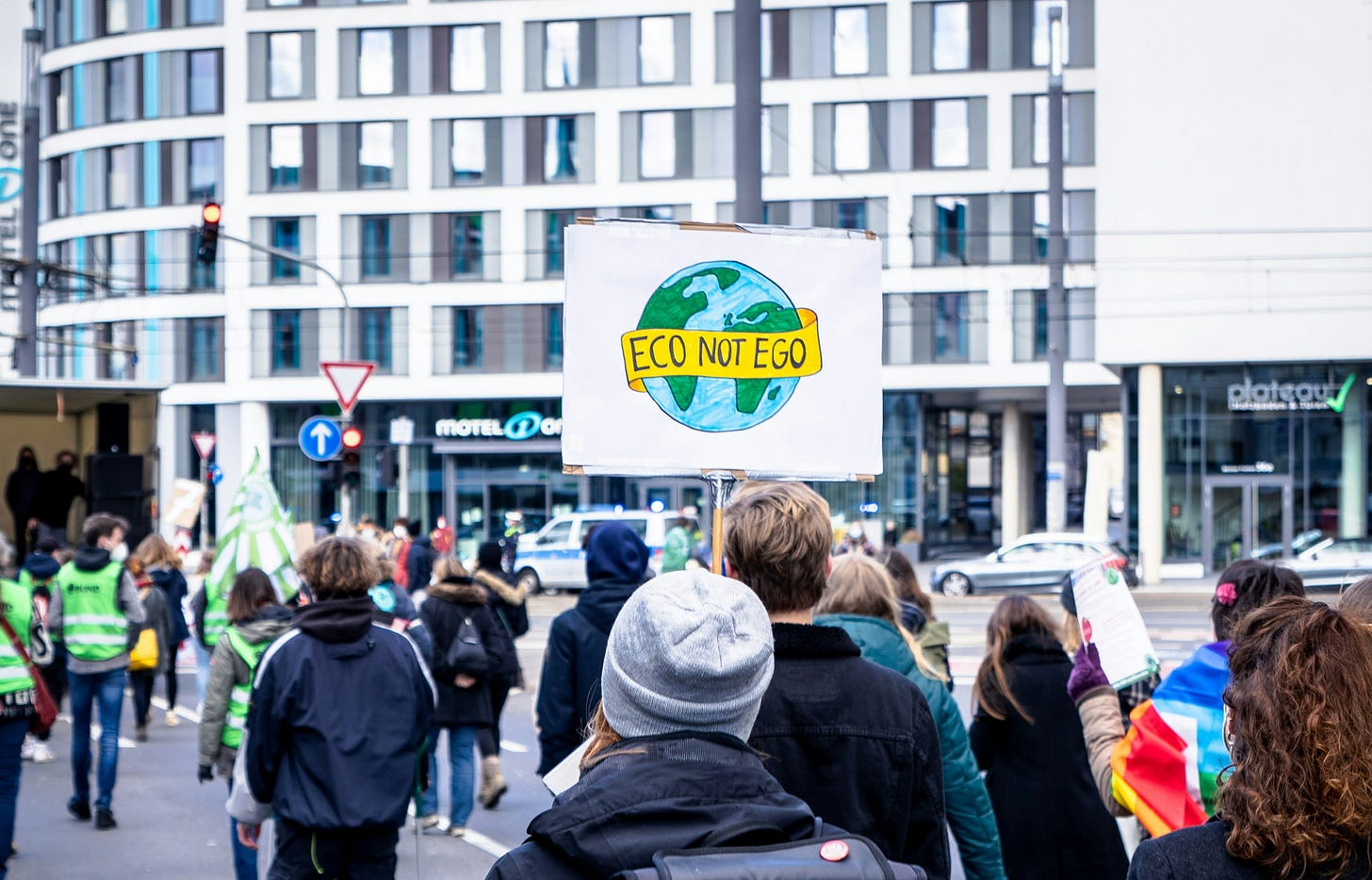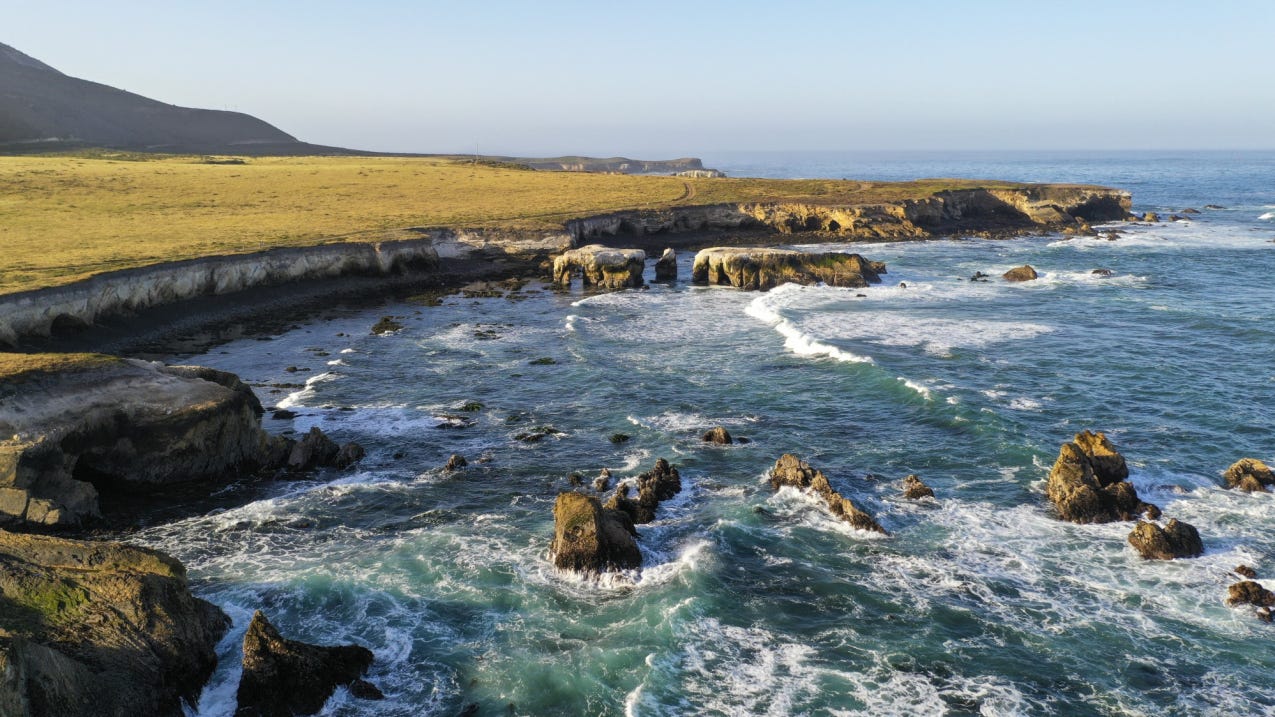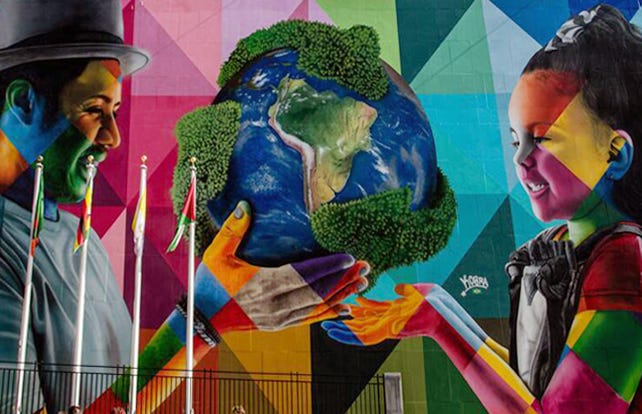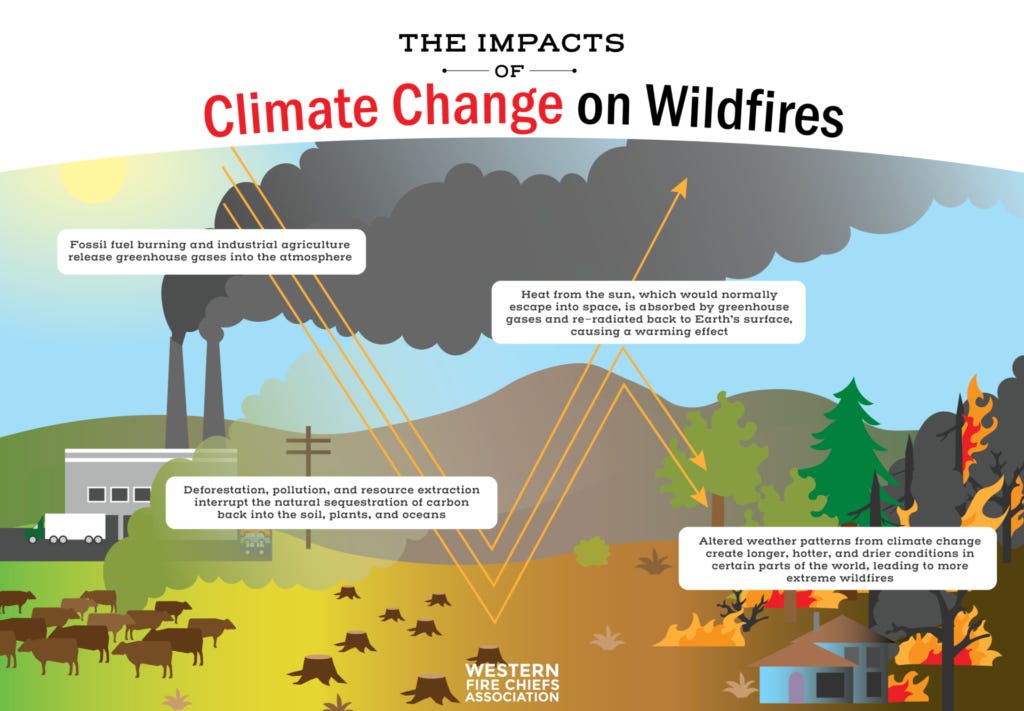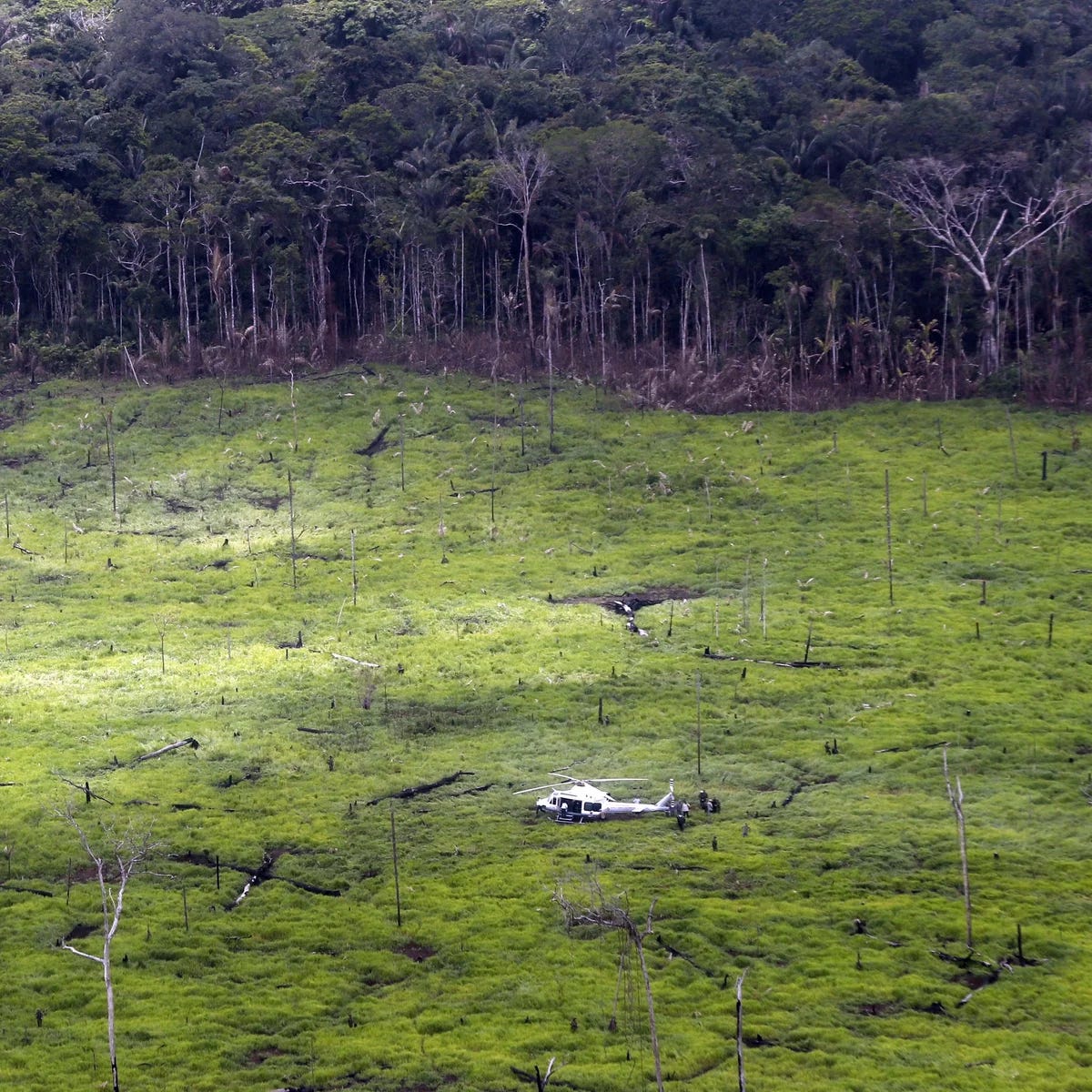10 Positive Climate Stories from 2024 to Remind You to Have Hope
Hopeful Steps Forward in the Fight Against Climate Change
As climate change continues to challenge the planet, many people are feeling a sense of climate anxiety. From extreme weather events to the unsettling implications of political shifts, it can be easy to feel overwhelmed. For instance, after the U.S. presidential election, concerns about potential rollbacks of environmental regulations under President-elect Donald Trump have left many wondering whether sustainability progress will stall.
However, amidst these challenges, there is much to celebrate. So far in 2024, we have already seen a variety of groundbreaking achievements in efforts to protect our environment. While it can be easy to become discouraged, these positive climate stories show that there is hope for the future.
1. Europe’s Commitment to Biodiversity Protection
At the 2024 UN Biodiversity Summit (COP16) in Colombia, six European countries — Austria, Denmark, France, Germany, Norway, and the UK — pledged a collective 130 million euros to protect biodiversity. This funding will go to the Global Biodiversity Framework Fund (GBFF), established at COP15 in 2022. The GBFF supports countries and projects focused on protecting, restoring, and conserving biodiversity.
Along with Canada, Japan, New Zealand, and Quebec, these nations are helping to secure a healthier planet by prioritizing biodiversity. This commitment is particularly timely, as many ecosystems are under threat from deforestation, pollution, and climate change. These donations signal a growing recognition of the interconnectedness between biodiversity and climate health1.
2. The UK Becomes the First G7 Nation to Phase Out Coal
A significant milestone was reached on September 30, 2024, when the UK closed its last remaining coal power plant. The phasing out of coal energy was carried out over a span of just 12 years. As the first G7 country to fully phase out coal power, the UK has set a global example of how rapid transitions to renewable energy are not only possible but achievable2.
3. Chumash Heritage National Marine Sanctuary Designated
In a landmark move, the Biden-Harris administration designated the Chumash Heritage National Marine Sanctuary in California. Spanning 4,543 square miles of coastal and offshore waters, this sanctuary represents a powerful collaboration between the U.S. government and Indigenous communities3.
By including Indigenous stewardship in the management of these waters, the designation acknowledges the deep connection between Indigenous peoples and their land. This move also helps protect vital marine ecosystems, safeguarding biodiversity and supporting climate resilience along California’s central coast.
4. The UN Adopts the "Pact for the Future"
In September 2024, the United Nations adopted the "Pact for the Future," an agreement calling for a global shift away from fossil fuels. This pact urges nations to accelerate their transition to renewable energy, commit to stricter carbon reduction targets, and invest in climate adaptation strategies4.
The global endorsement of this pact reflects a growing consensus on the need for urgent action to combat climate change. By rallying behind this framework, countries are signaling their readiness to act on climate change and take responsibility for the future of the planet.
5. Australia’s Largest Bank to Stop Funding Non-Compliant Fossil Fuel Companies
In a bold move for the finance sector, Commonwealth Bank (CBA), Australia’s largest bank, announced it will stop financing fossil fuel companies that do not meet emissions pathways in accordance with tenants of the Paris Agreement. By the end of 2024, the bank will cut off funding to companies that fail to align with global climate goals5.
This decision is a powerful example of how the financial industry can play a pivotal role in driving the transition to a low-carbon economy. It signals to other financial institutions that aligning with climate action is not only the right thing to do but also a smart business strategy for the future.
6. Seven Countries Are Now Powered Almost Exclusively by Renewables
In 2024, seven countries — Albania, Bhutan, Ethiopia, Iceland, Nepal, Paraguay, and the Democratic Republic of Congo — now derive more than 99.7% of their energy from renewable sources6. This impressive achievement demonstrates that renewable energy is not just an aspiration for the future, but a present-day reality for nations around the world.
7. Hawaii’s Historic Climate Lawsuit Settlement
In June of 2024, Hawaii reached a historic legal settlement which included a commitment to decarbonizing its transportation system over the next 21 years. The settlement follows a lawsuit brought by youth activists, including young Native Hawaiians, who sued the state over the risks climate change poses to their communities7.
This agreement comes nearly a year after devastating wildfires on the island of Maui destroyed the town of Lahaina. Wildfires such as this one have been linked to climate change.
8. Southeast Asian Agri-Tech Startup Tackles Methane Emissions
In Southeast Asia, Rize, an agri-tech startup, is helping rice farmers in Indonesia adopt new farming techniques that could significantly reduce methane emissions from rice cultivation. Rice paddies are the second-largest agricultural source of methane, a potent greenhouse gas, and innovative solutions like those provided by Rize have the potential to make a big impact. By working with farmers to introduce more sustainable farming practices, Rize is helping to not only curb emissions but also boost farmers’ profits8.
9. Deforestation in Colombia Drops to Historic Low
In a win for both biodiversity and the climate, Colombian officials announced that deforestation in the country fell to a historic low in 2023, dropping by 36% compared to the previous year. This reduction is largely due to the work of Indigenous activists and conservationists who have worked for years to protect Colombia’s vital ecosystems, particularly the vulnerable Amazon rainforest9.
10. Czechia Makes Textile Waste Recycling Mandatory
In 2024, Czechia (the Czech Republic) took a bold step towards tackling the growing problem of textile waste. Starting in 2025, the country will make textile recycling mandatory, requiring citizens to separate their old clothes and other textiles from regular waste10.
Textile waste is a large contributor to global pollution, and this policy aims to reduce the environmental impact of the fashion industry while promoting a circular economy. Czechia’s leadership in this area sets a strong example for other nations to follow.
A Hopeful Outlook for the Future
While the climate crisis is undeniably urgent, the positive stories emerging in 2024 offer a glimpse of hope. From international pledges to innovative solutions and powerful legal victories, we are seeing the tangible impacts of collective action. These stories remind us that, despite the challenges, we have the power to create a better, more sustainable world for future generations.
As we continue to navigate the complexities of climate change, let these positive climate news stories inspire us to stay hopeful and remain committed to making a difference. Together, we can shape a future where environmental protection, social justice, and economic opportunity go hand in hand.
This Week in Sustainability is a weekly email from Brightest (and friends) about sustainability and climate strategy. If you’ve enjoyed this piece, please consider forwarding it to a friend or teammate. If you’re reading it for the first time, we hope you enjoyed it enough to consider subscribing. If we can be helpful to you or your organization’s sustainability journey, please be in touch.






